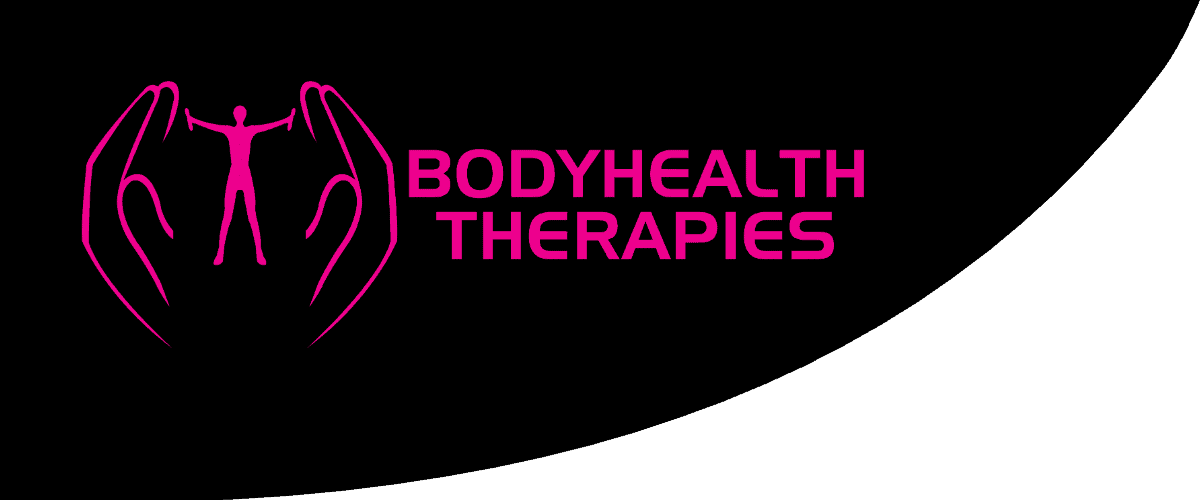An article written in the AMTA (American Massage therapy Association)By Renee Zagozdon 2018 discussed the myths and truths of the benefits of massage and what we claim to know about massage .
looking through this article by Renee I want to highlight the key claims so clients understand and know the evidence based benefits of massage and get the truth of what massage can do for you. The article does highlight that more research is needed in this area to have conclusive evidence of the benefits
Claim: Massage elevates endorphins.
What this claim means: As neurotransmitters, endorphins function to transmit electrical signals within the nervous system. Today, we know humans have at least 20 different kinds of endorphins, found in the pituitary gland, brain and throughout the nervous system. These brain chemicals are most commonly released to help people manage stress, fear and pain. Interacting with the opiate receptors in the brain, endorphins help reduce our perception of pain, similar to how morphine and codeine work. They are also known to create feelings of euphoria and well-being, which is likely why they’re also associated with helping to mitigate stress.
Why this claim is problematic: Much of the problem, according to Tracy Walton, a massage therapist and educator, is that the claim that massage therapy elevates endorphins is often advanced on the findings of two small studies—one of which was a randomized-controlled trial where results were inconclusive and the other a study that found moderate elevation in beta-endorphins after massage therapy, but which had no control group for comparison and a very small sample size of 12 study participants. Clarifying the claim: You don’t have to completely dismiss the idea that massage can positively affect well-being and reduce pain, but “There is very little research on whether massage therapy has an effect on endorphins, and the research that exists does not settle this question.”
Claim: Massage increases blood circulation.
What this claim means: As a function of the cardiovascular system, blood circulation supplies blood to every tissue in the body. There are two main types of circulation: pulmonary, which moves blood between the heart and the lungs, and systemic, which moves blood between the heart and the rest of the body.
Why this claim is problematic: Simply put, the claim that massage increases blood circulation is ambiguous. Walton says that this is because there are too many unanswered questions to this statement, which adds multiple layers to the subject of massage and blood circulation: Where is blood circulation increasing? How deep is the circulation? Which system are we referring to? How long does the increased blood flow last? On top of this, the handful of existing randomized controlled trials on massage and circulation show a wide variation in results, which ties in with the subject of massage and circulation having multiple layers.
Clarifying the claim: massage and its relation to blood circulation we need to clarify what we are referring to when we talk about massage and circulation, like “Even though there are studies on massage and circulation, the results are inconclusive.”
Claim: Massage boosts immunity.
What this claim means: The immune system, which is made up of cells, tissues and organs, is commonly known as the body’s defense system. When functioning properly, our immune systems identify threats—such as viruses, bacteria and parasites— distinguishing them from the body’s own healthy tissue.
Why this claim is problematic: Much of the problem with claiming massage has a definitive effect on the immune system involves the complexity of the immune system. “The immune system is extremely complex, made up of many cell types, substances and functions,” Walton explains. “Research on immunity is hard work. With so many functions, the immune system could be affected by massage in a range of ways.”
On top of its complexity, the claim that massage therapy boosts immunity is currently supported by only two meta-analyses, according to Walton. The first meta-analysis reported that massage may boost immunity, while the second concluded that more research is needed. There are, however, a few smaller studies that showed massage therapy increased the number of white blood cells known as natural killer cells. These cells provide rapid responses to viral-infected cells. “A boost, if it actually happens, could occur in one or more functions, could be cancelled out by other factors or could actually be detrimental to the body,” Walton adds.
Clarifying the claim: It’s true that many massage clients report lowered stress and increased quality of life; however, Walton emphasizes that massage therapists need to be careful with their wording when talking to clients about how massage can benefit immunity. For instance, if clients ask specifically about how massage therapy may boost immunity, tell them more research is needed. And there has been recent studies in this area so there is continued advancement in the research world in this area , where they are showing some evidence within the cells that the immune system is being boosted by a massage
Claim: Massage lowers cortisol.
What this claim means: Cortisol is a steroid hormone that is linked to the immune system and helps regulate body processes such as metabolism. Produced in the adrenal cortex in response to stress, cortisol levels that are consistently high impair functions in the body, such as the reproductive and immune systems. High cortisol levels can increase blood pressure as well as gastric acid production, which can be good in the short-term, but not so good in the long-term.
Why this claim is problematic: As with other claims, the idea that massage reduces cortisol is complicated by the fact that cortisol levels are but a single indicator of stress, making definitively linking massage with reducing stress to a reduction in cortisol, too, very difficult. Additionally, the existing studies on massage and cortisol had contradictory results—one meta-analysis found that massage does not reduce cortisol, while others conclude that massage could potentially affect cortisol levels.
Clarifying the claim: massage and cortisol, its stated by walton that those who receive massage often report feeling less stress and an increased sense of well-being. “While we do have good research on massage reducing anxiety, the mechanisms behind these changes are unclear.”


